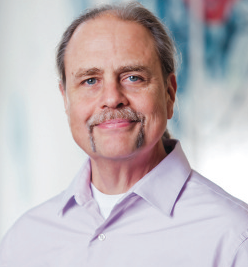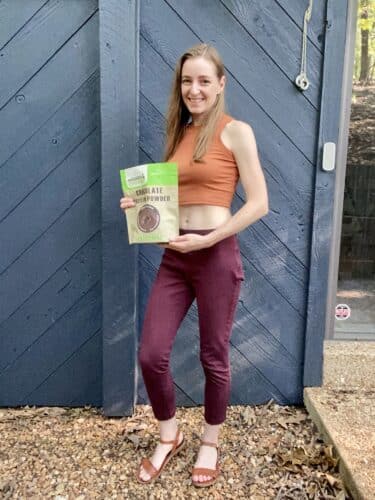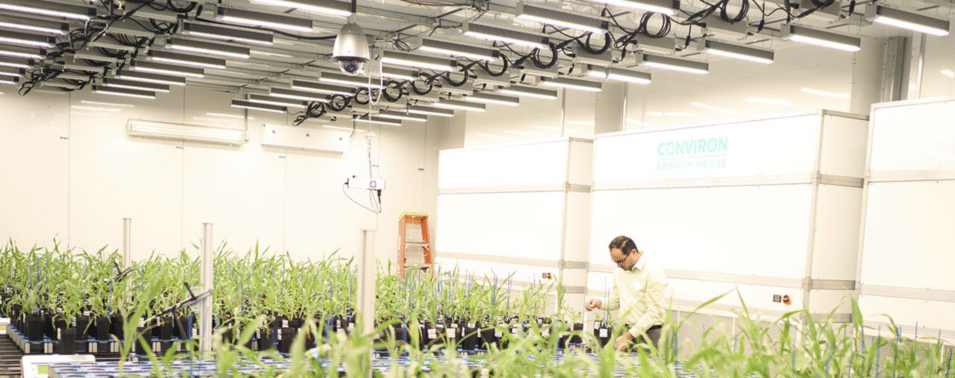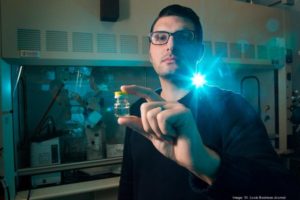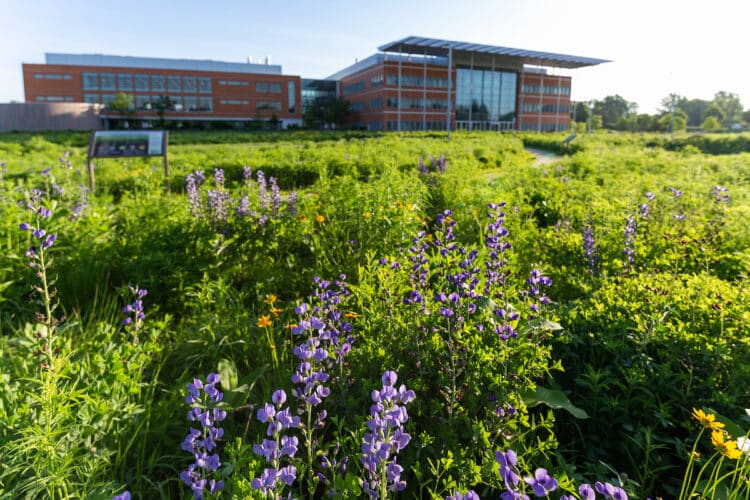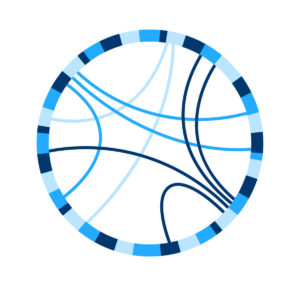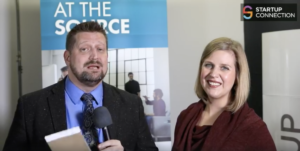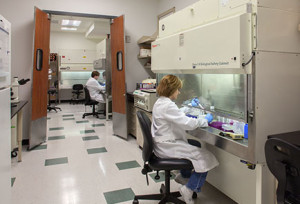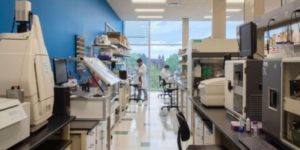When Pfizer left St. Louis in 2010, A small team of ex-Pfizer scientists with strong ideas for a new strategic approach to drug discovery research partnered with the St Louis BioGenerator leadership to develop a business plan and launch Confluence. We spoke with Confluence CSO and founder Joseph Monahan about Confluence’s work and influence, what drew him to the bioscience sector what he does out of the office.

You have immense experience in leading biochemical and pharmacological companies as well as time spent with Pfizer; what is it about this sector that drew you to it?
I have always had a keen interest in chemistry and biology and their application to solving challenging problems. Additionally, understanding the workings of the human body at a molecular level in normal and disease states has always been fascinating to me.
Drug discovery research provides an opportunity to address challenging scientific problems in human biology and, if successful, have a major impact on the quality and duration of human life. I can’t think of a more enjoyable, interesting and rewarding career.
Give our readers the elevator pitch of what Confluence does.
Led by world-class kinase experts, drug hunters and proven R&D leaders, Confluence Life Sciences is an innovator in kinase drug discovery and development. Using our KINect technology platform we are developing next-generation kinase inhibitor drugs to create novel, breakthrough medicines for cancer immunotherapy, chronic inflammation and autoimmune disease.
Confluence Discovery Technologies is a wholly-owned subsidiary of Confluence Life Sciences specializing in R&D contract research.
Confluence Discovery Technologies partners with pharmaceutical companies and drug biotechnology companies to conduct research on a fee for service basis. Confluence Discovery Technologies has generated over $10M in revenue to date to help fund our internal drug discovery efforts.
What is the toughest aspect of your job?
Drug discovery and development can be a very difficult, frustrating and costly endeavor. Given the modest probability of success, remaining diligent, focused, single-minded and confident while overcoming obstacle after obstacle can be a challenge.
From a business perspective, convincing investors to believe in your team and your ideas strongly enough to provide financial backing in this high risk/high reward industry is difficult.
What’s going on with Confluence right now? Any new updates?
These are very exciting times at Confluence. We have grown to approximately 40 employees and our internal drug discovery programs are advancing rapidly.
We have discovered a drug development candidate for autoimmune disease while a second program targeting immunotherapy, a very hot approach to cancer treatment, will have a development candidate identified later this year.
We set a very aggressive 2016 goal for the contract research organization, Confluence Discovery Technologies, targeting a 35% increase in revenue over 2015. We are currently surpassing that revenue goal.
What are the goals you have for Confluence, looking to the future?
Our goal is to continue to build and establish Confluence as a sustainable, cornerstone drug discovery and development company in St. Louis.
In this model, Confluence will use its proprietary drug discovery platform to generate drug candidates to treat human diseases with significant unmet medical need and partner these assets with drug companies once clinical proof of concept is achieved. The asset partnering will generate the necessary funds to repeat the drug discovery process on new drug targets.
What is some of the best professional advice you’ve ever received or given?
Early in my career following a presentation I had made, a former mentor told me, ‘in this business you can’t play to play, you need to play to win’. I took this philosophy to heart in the way I attack scientific problems and lead scientific teams in advancing drug discovery projects.
Who is another founder or professional, local or not, that you admire and why?
Honestly, from a professional standpoint, the people I admire are the Confluence scientists. These bright, dedicated and hardworking researchers shared our vision and had enough confidence and drive to join a high-risk BioTech startup while, in many cases, turning down more stable and financially rewarding positions elsewhere.
How do you wind down in your off time?
I enjoy working in my yard. My wife and I like to travel and spend time with our three children and four grandchildren. I also farm oysters in Long Island Sound with my brother.
If you weren’t working for Confluence, what would you be doing?
When I decided to leave Pfizer in 2010 I took the opportunity to consider my future and how I wanted to spend my time. After evaluating several potential directions, it was clear to me that I still had the desire and drive for drug discovery research.
The opportunity to take a somewhat new approach to drug discovery, and surround myself with very talented scientists to have a potential impact on deadly, untreatable diseases was very appealing. It has been an amazingly rewarding ride over the last 5 years.
How do you view the St. Louis BioTech atmosphere right now?
The St Louis BioTech atmosphere has changed dramatically over the past 5 years since we started Confluence. The number of BioTech startups has expanded exponentially in the St Louis area with the development of the Cortex Innovation District, the Danforth Plant Science Center, spinouts from the local universities and support of BioSTL.
St Louis has become an up and coming player in the national BioTech landscape.

